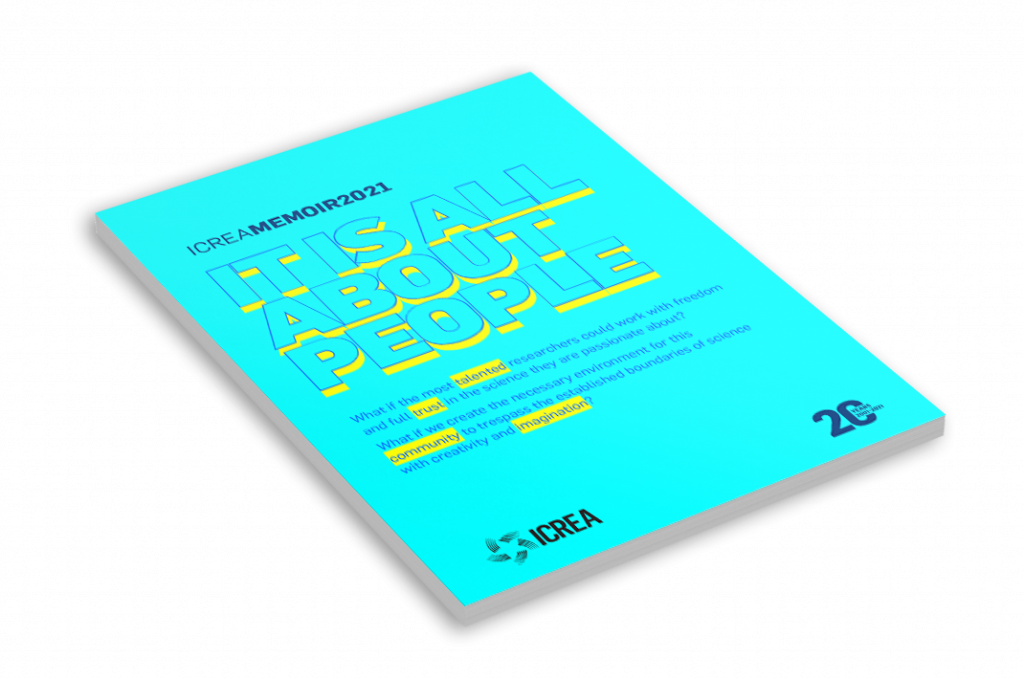Research into the relationship between ecosystem services, e.g. environmental goods and functions such as carbon sequestration, and human well-being, including poverty alleviation, has blossomed since the early 2000s. We have explored who has produced this knowledge, what collaborative patterns and institutional and funding conditions have underpinned it, and what implications these matters may have for policy and the future of science. Developing a social network analysis of the most prolific writers in this field of knowledge, we have demonstrated that 70% of these authors are men, most are trained in either the biological sciences or economics and almost none in the humanities. Eighty per cent of authors obtained their PhD from universities in the EU or the USA, and they are currently employed in these regions. The co-authorship network is strongly collaborative, without dominant authors, and with the top 30 most cited scholars being based in the USA and coauthoring frequently. These findings may not be surprising to many, of course. They reflect the same geographical and gender biases that characterize knowledge production in other fields, as well as an expertise bias towards natural sciences, economics and engineering that also characterizes the study of other environmental matters, such as energy transitions, or pollution management research, which in turn invisibilizes the potential contribution that other social sciences and the humanities can make in understanding environment-human relations. Overall, the research suggests that embracing gender diversity, promoting extensive collaboration across disciplines, and being committed to knowledge coproduction with affected populations is urgent to better understand and address the environmental and human challenges of our time, particularly amidst increasing calls for the decolonisation of conservation and development science.
Esteve Corbera
Universitat Autònoma de Barcelona
-
Reference
Corbera E, Maestre-Andrés S, Calvet-Mir L, Brockington D, Howe C & Adams W.M. 2021. ‘Biases in the production of knowledge on ecosystem services and poverty alleviation’, Oryx, vol. 55, no 6, pp. 868–877.

